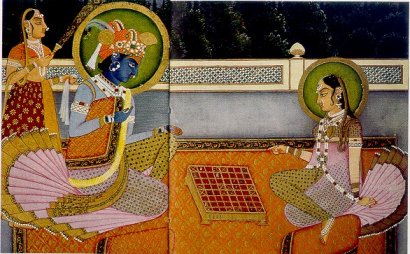Read the passage carefully and choose the best answer to each question out of the four alternative.
Click on the options to check whether it is right or wrong.
The important thing in life is not what you have been but what you are reaching for and becoming. At my age, when I can see the end of the road more clearly than most, I can sit back and recollect in tranquillity the varying vicissitudes of my life and what it has taught me. When I look back, I find that the great and glorious hours of my life were those when I gave a helping hand to others without expecting anything return and not when I struggled and succeeded to gain my own ends. And I can well imagine and appreciate that in this world those alone live who live for others. I have no regrets for the past. Life has been kind to me. My only regret is that I received more from life than I gave.
1. What stage of life must the author be?
- Adolescence
- Youth
- Middle age
- Old age
2. What feelings does the author harbour about life?
- Regret
- Gratitude
- Sadness
- Ecstasy
3. What, according to the author, were the most fulfilling moments of his life?
- When he recollects his life in tranquillity.
- When he succeeded in gaining his own ends.
- When he managed to struggled through the vicissitudes of life.
- When he could help others without expecting anything back.
4. What, according to the author, is the most important thing in life?
- The achievements of one’s life.
- The struggled one has faced in life.
- The thing one is striving for.
- The memories one has in life.
5. What is the tone of the passage?
- Reflective
- Argumentative
- Opinionated
- Satirical
[1] [2] [3] [4] [5] [6] [7] [8] [9] [10] [11] [12] [13] [14] [15] [16] [17] [18] [19] [20] [21] [22] [23]
